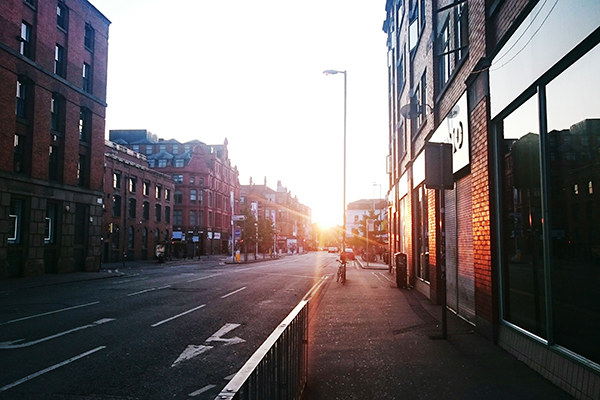So much for modern civilisation: In 2015 in one of the richest economies in the world brute luck is a key determinant of whether people have the means to living a good life. And, if anything, fate is to be given an even more powerful hand. We seem as a country to be intensely relaxed about this state of affairs. That’s our choice, but it’s probably time for us to recognise we can’t combine this attitude with grandiose claims about national values of fairness and decency.
There are many debates to be had about the nature of social justice. But ask most people – whether inclined to the right or left – and they agree that we should try to curb what is sometimes called luck inequality. Such inequality results not from human choices, efforts or even personal attributes (although who we are is itself, of course, largely a matter of good or bad fortune).
We have as a nation become ever more judgemental, indeed often contemptuous, towards the poor looking always for more evidence that their plight is their own fault (evidence that our more unscrupulous TV stations are only too happy to provide). But luck inequality describes differences in life chances that even the most dedicated Channel Five viewer might find it hard to blame on the victim.
This morning’s newspapers tell us the following:
- That the Government has essentially abandoned the target to abolish child poverty by 2020.
- That the largest and fastest growing group among the poor are those with disabilities
- And that the Chancellor is planning to make good on his promise to lift inheritance tax thresholds
If you are born to rich parents you will be richer, if you are born to poor parents you will endure poverty and if you inherited a disease, suffer a severe accident or develop a debilitating illness your prognosis (and probably that of your carers) will almost certainly include lifetime immiseration.
There are in essence two ways of defending this state of affairs. One is to argue that any attempt to tackle luck inequality will have consequences worse than the problem it is trying to solve. This proposition is somewhat undermined by the many examples of other countries that have lower levels of luck inequality without sinking into national decline. The other is to say that luck is life (or maybe God’s will) and that it is no business of anyone to try to correct it.
The upshot of either position is that we are happy that fortune rather than individual human endeavour or collective human design determine the life chances of a growing proportion of our citizens.
The Government is proud of its catchy international promotion campaign ‘Britain is Great’. For the purposes of honesty and clarity perhaps we should extend the slogan to a couplet:
Britain is great
Life is fate.
Related articles
-
Bristol’s Colston statue was toppled because racist historical narratives have not been effectively challenged
Becca Antink
Whose history, whose voice, is centred and valued? And whose isn’t?
-
How can we get BAME workers to climb the leadership ladder?
Adarsh Ramchurn
A lack of opportunities, discriminations, and the absence of role models are keeping minority candidates out of leadership positions. Companies, and particularly charities, need to do more.
-
Should we ban billionaires from politics?
Asheem Singh
Howard Schultz is the latest billionaire to enter politics. How should we respond to the rise of super-rich candidates?




Be the first to write a comment
Comments
Please login to post a comment or reply
Don't have an account? Click here to register.